This article is part of our Hot Beverages Digital Feature.
Meet the buyer…
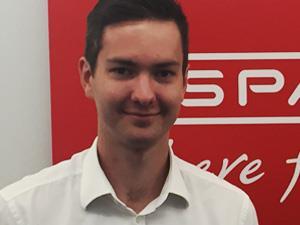
Henry Goodchild, trading manager - grocery, Spar
Henry joined Spar in April this year, and is managing the breakfast cereals, hot beverages, petcare, paperware and carrier bag categories. Previously he worked as a buyer in the foodservice sector, managing grocery and fresh food categories. Outside work he is a keen tennis player.
What’s been the best launch in hot beverages of the past 12 year?
With so many launches in the market over the past year, it is difficult to identify just one. One company that typifies the changes seen in the market is Pukka, which has launched many new organic tea flavours, such as Chamomile, Vanilla & Manuka Honey. Flavoured teas are becoming increasingly popular - many customers believe they have health and wellbeing benefits.
Some mainstream tea brands have launched pricier, premium ranges recently, undercutting established premium players. Is there space in the premium mainstream tea segment for so many brands? If not, who is at risk of getting cut?
As the premium market has grown, many suppliers have developed new products to take advantage of this growing area, including Tetley’s Kenyan Gold and PG Tips’ Delicious Cranberry & Apple teas. However, this can cause difficulty for retailers that do not have the space to display these products alongside everyday favourites. Products have to justify their space on shelf by being modern, relevant and offering a point of difference to the customer. With established premium brands such as Twining’s being challenged by NPD, it ensures that customers are getting the best quality and value products in the market.
Tea and instant coffee has been commoditised in recent years. Can you give any examples of how value has been added back into these categories?
With everyday tea and coffee in decline, value is added into the category through NPD and premium ranges. Green tea, for example, is in strong market growth as customers embrace more healthy lifestyles. Another way to increase the category value is to enhance the premium offering. Coffee machines such as Nespresso continue to be in strong growth and offer customers barista-style coffee at home. Customers are also more interested in provenance and sustainability, meaning single-origin products are becoming more popular.
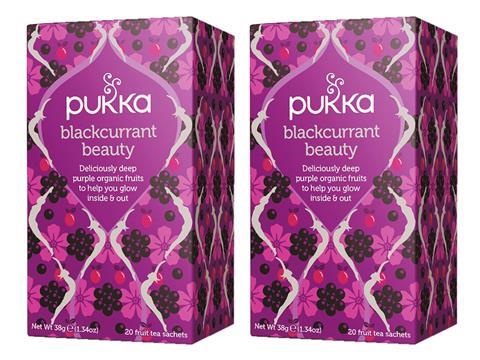
How has your range changed over the past year to reflect current trends in the market?
Spar undertakes an annual category review that focuses on understanding current market trends and creating a core range of branded products, as well as introducing new own-label products. By doing this we can make sure we are providing the best and most up-to-date products to our customers. We’ll be launching a range of new own-label products in January 2016 including Spar Nespresso-compatible capsules, among other products. We also focus on regionality and local tastes as these can be markedly different across the UK.
How will the hot beverages market shape up over the next year?
We believe we will continue to see a volume and value decline in everyday tea and coffee. Changes in demographics and consumer habits mean that this decline is permanent. This has been accelerated by more ’bigger pack, better value’ promotions as customers still seek better overall value from retailers. Suppliers are adapting to these changes by focusing on premium ranges and alternative products. Products such as herbal teas, fruit infusions, single-origin tea/coffees, microground coffees and coffee machine compatibles will drive the increase in category value.
10 Things You Need To Know About... Hot Beverages
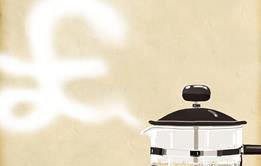
Break out the china, because for the latest in our series of digital features, we’re lifting the lid on the British hot beverages market. So why won’t a cup of builders tea cut it anymore?
- 1
- 2
- 3
- 4
 Currently
reading
Currently
reading
Buyer Q&A: everyday tea & coffee's decline 'is permanent'
- 6
- 7
- 8
- 9
- 10
- 11













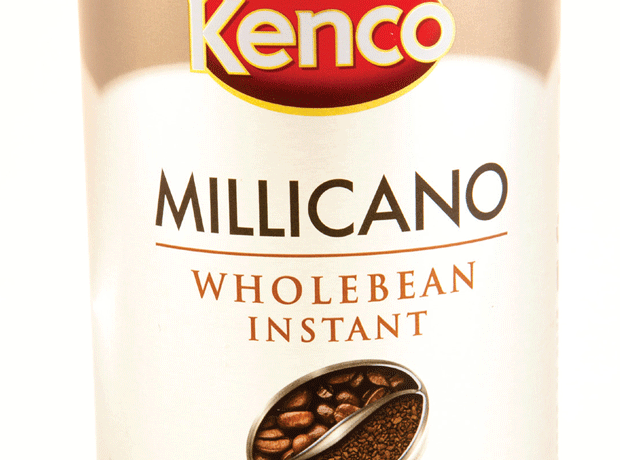














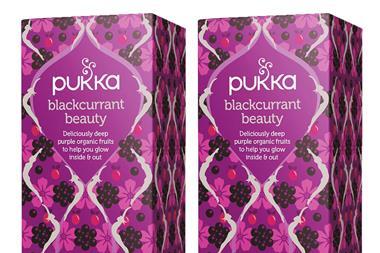
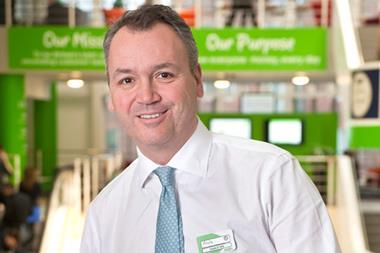







No comments yet